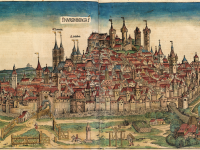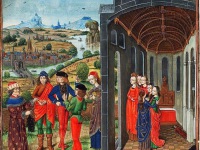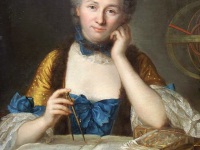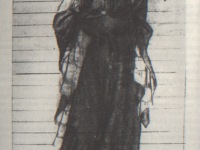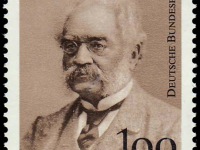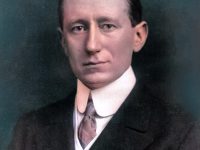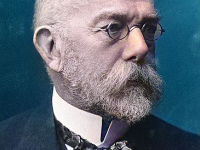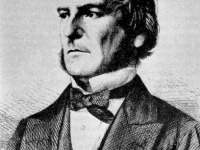The Nuremberg Chronicle and the History of the World
On December 23, 1493, the German version of the Nuremberg Chronicle – in German ‘Schedelsche Weltchronik‘ – was published. It is one of the best-documented early printed books – an incunabulum – and one of the first to successfully integrate illustrations and text. Moreover, it was the most extensively illustrated book of the 15th century. OK, unless you are not a book history afficionado, a bibliophile eccentric or a historian with focus on…
Read more

